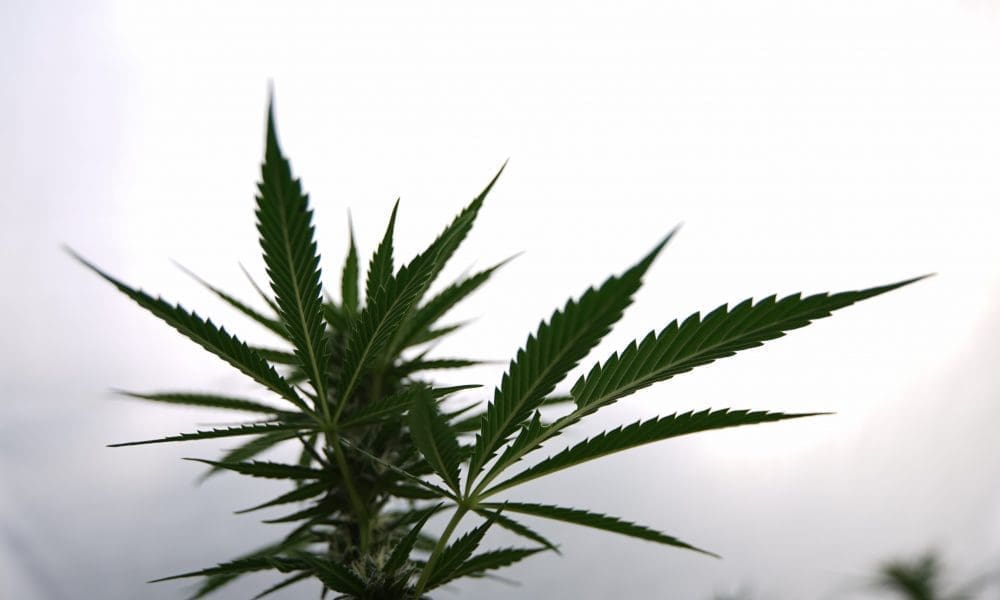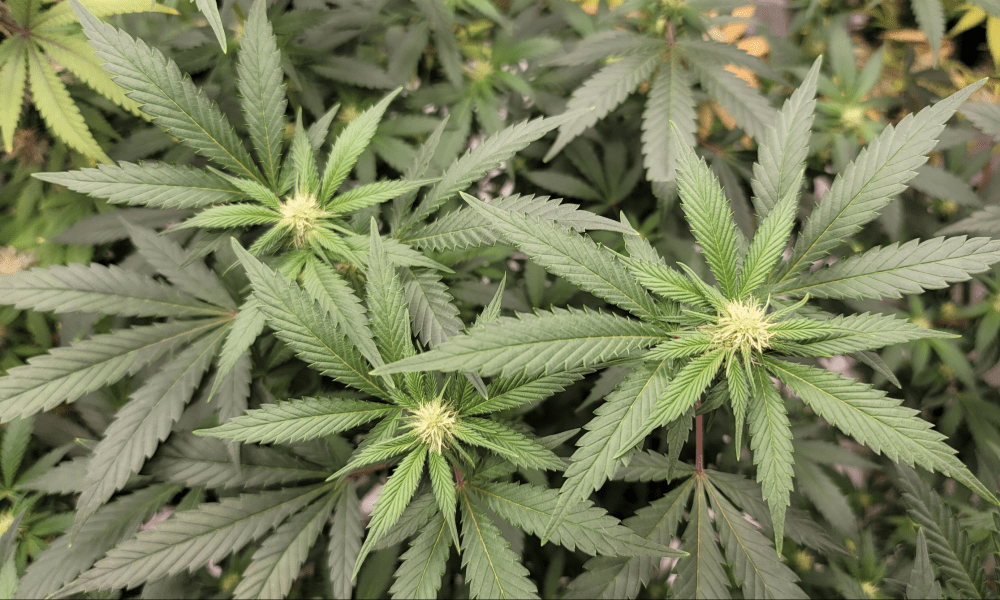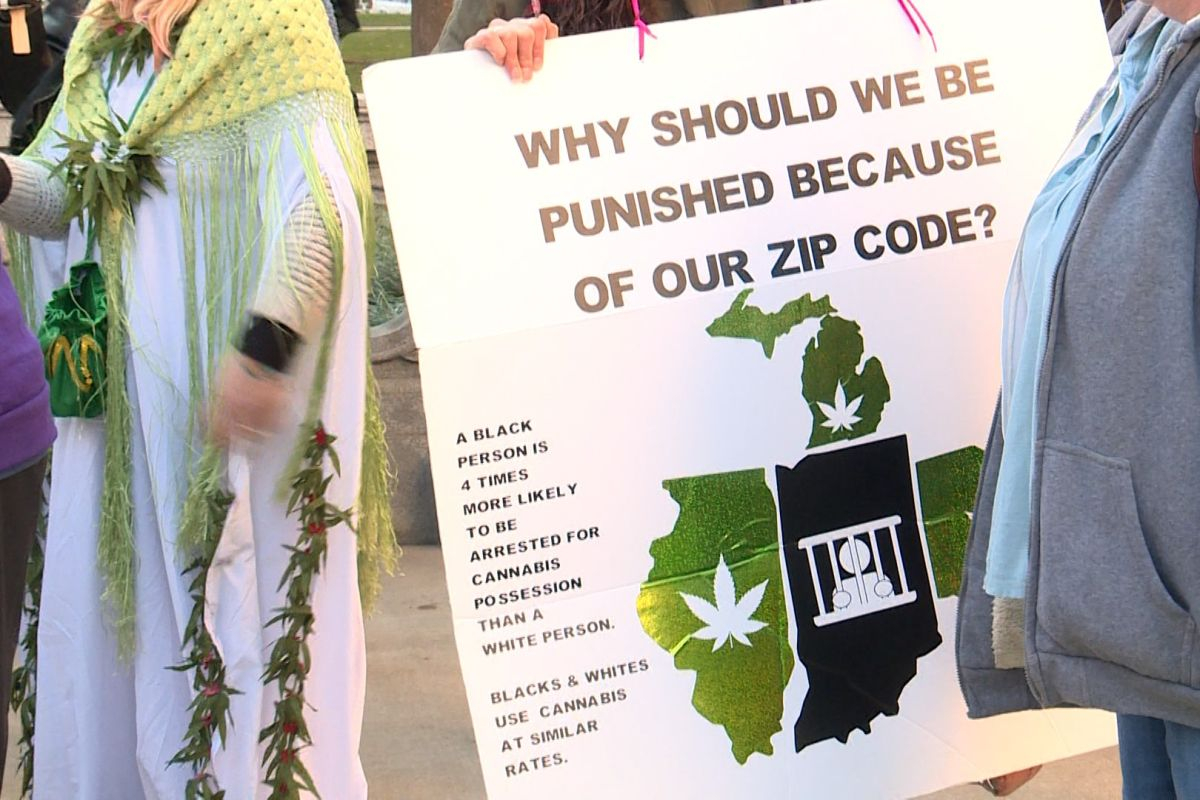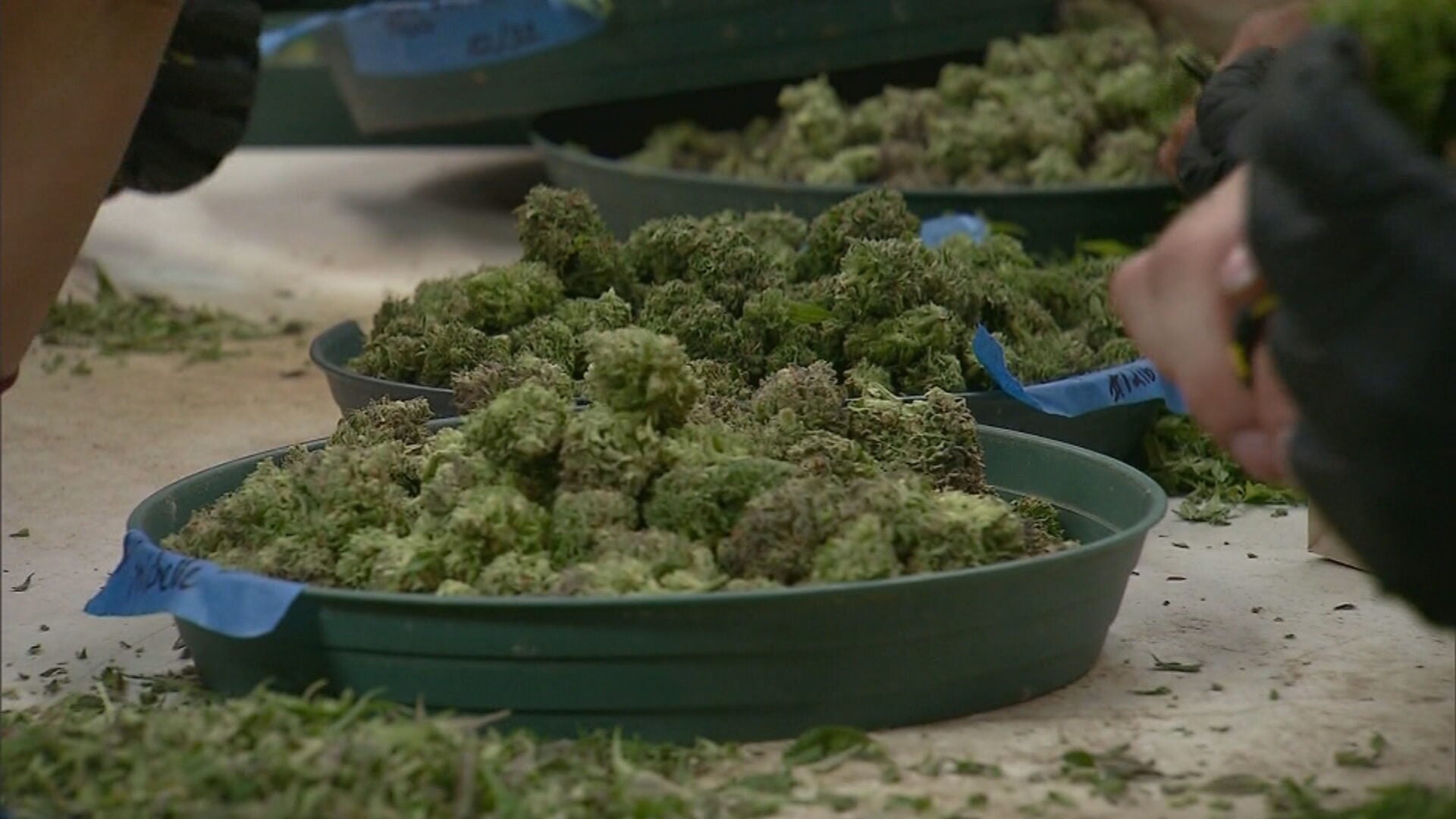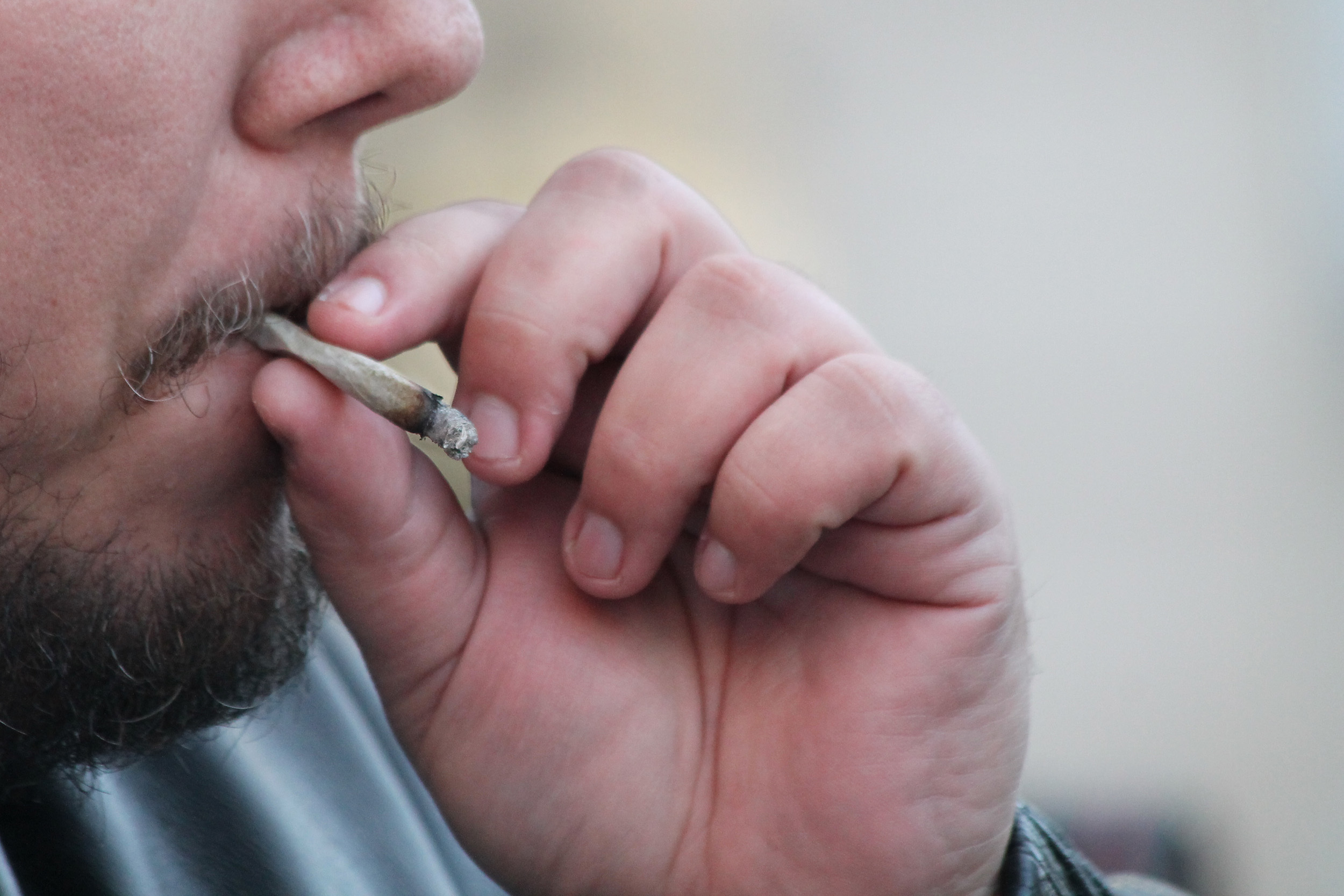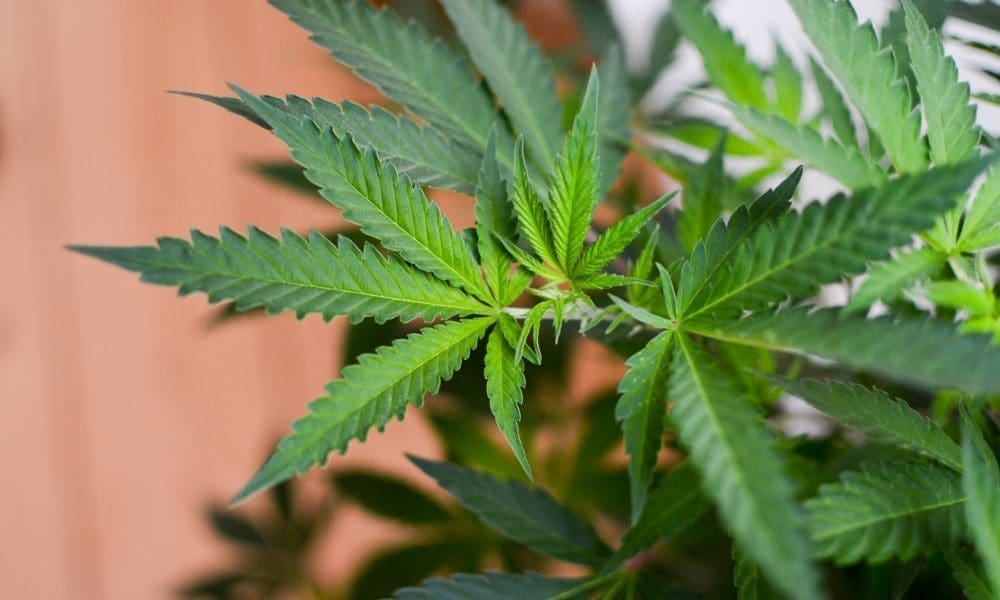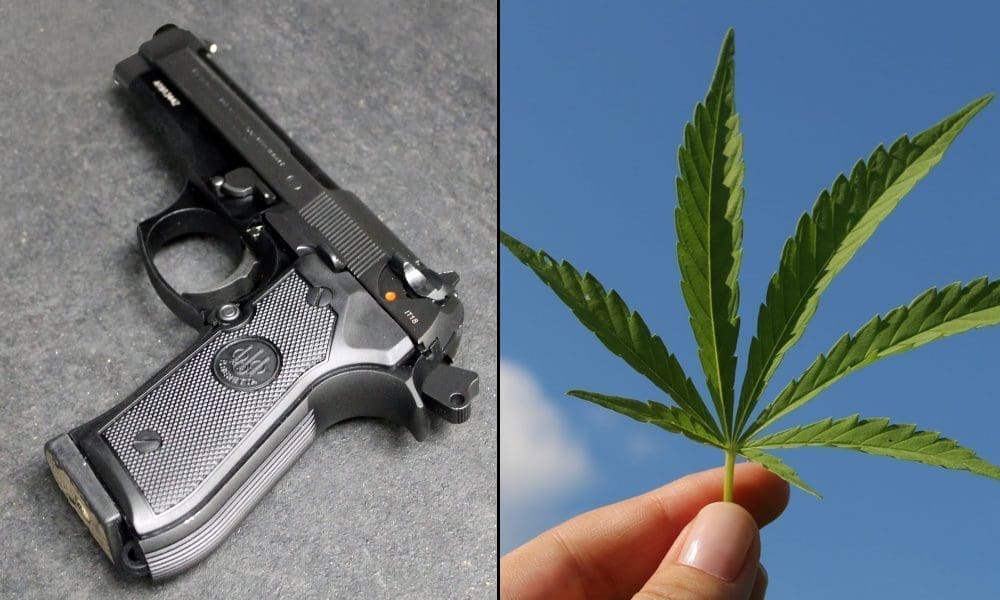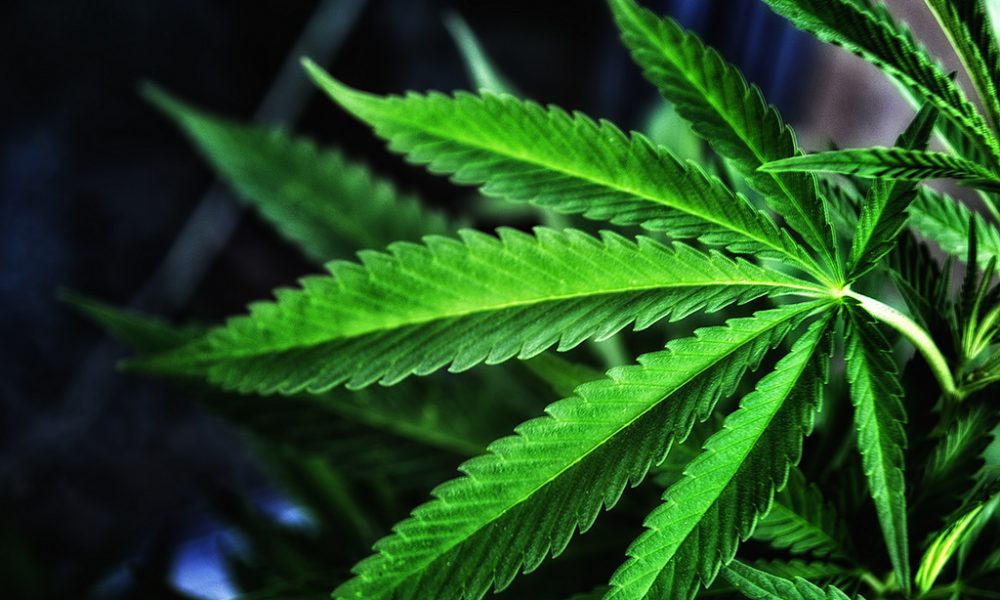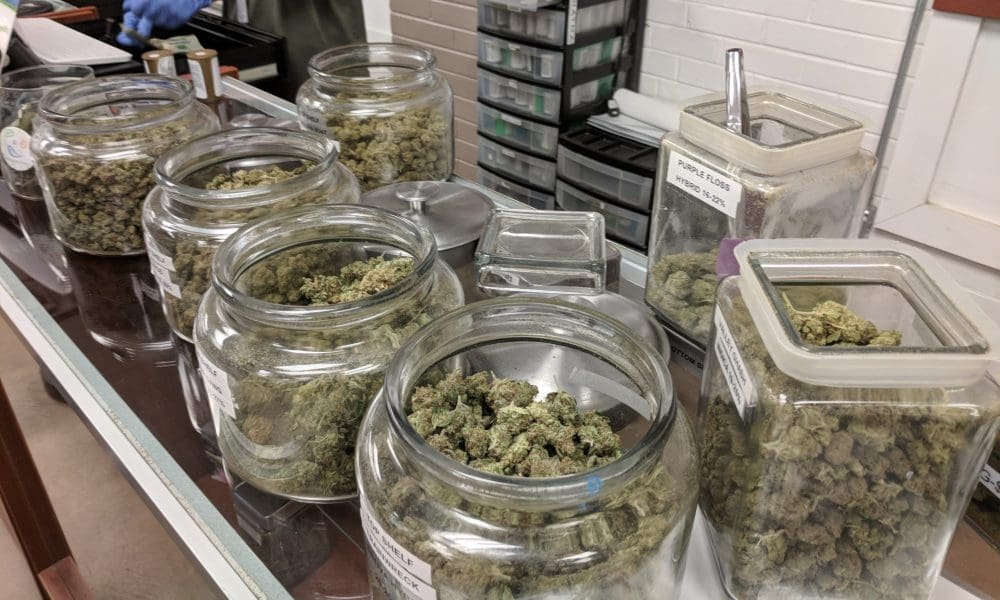Woah Ohio legislators are serious about gutting the voter approved ballot measure to allow adult-use cannabis and growing 6 plants at home per person. HB 86 legislation would remove home cultivation! How are these guys still calling themselves REPRESENTATIVES?
“Whatever is ultimately decided must reflect what Ohio voters approved. The politicians had numerous chances, numerous decades, to change Ohio’s antiquated laws. They refused.”
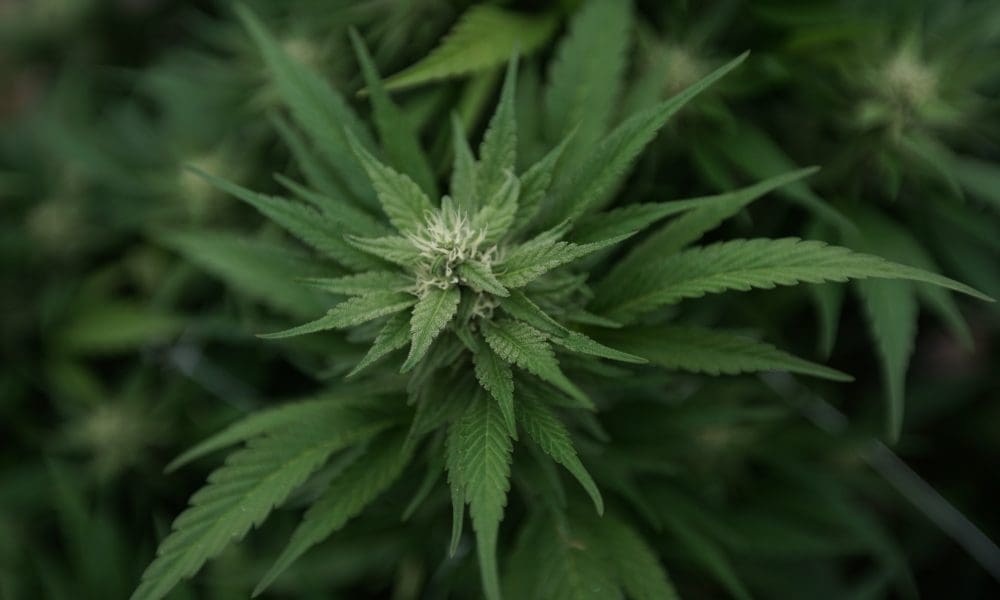
 www.marijuanamoment.net
www.marijuanamoment.net
“Whatever is ultimately decided must reflect what Ohio voters approved. The politicians had numerous chances, numerous decades, to change Ohio’s antiquated laws. They refused.”

Ohio ACLU Slams GOP Plan To Gut Voter-Approved Marijuana Law (Op-Ed)
“Whatever is ultimately decided must reflect what Ohio voters approved. The politicians had numerous chances, numerous decades, to change Ohio’s antiquated laws. They refused.” By Gary Daniels, ACLU of Ohio via Ohio Capital Journal Less than a month ago, Ohio voters approved marijuana use...



